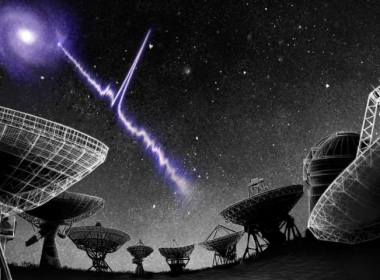The term ‘science education’ often brings to mind stressful chemistry labs, memorizing biology facts from a textbook, or struggling to read dry, confusing research papers. Such learning methods may work for those specializing in a particular field, but do little to convey the ideas to a broader audience. Morgan Sweeney,[Read More…]
Search Results for author "Thomas Bahen"
In conversation with Laura Pavelka
International Women’s Day on March 8 recognizes the accomplishments of women in various fields all over the world. The International Women’s Day website describes the day as an opportunity to “[celebrate] the social, economic, cultural and political achievements of women.” While all of these are important pursuits that should be[Read More…]
Linking physical exercise to video games
After another record-breaking year for revenue and involvement in the industry, it is clear that video games are an increasingly large part of North American culture. Despite a wide acceptance of video games across all demographics, the majority of players are still children and young adults. Gaming’s young demographic is[Read More…]
Learning about our universe through bright bursts of light
On Jan. 6, McGill astronomers tracked down one of the brightest known repeating signals in the universe to a specific part of a galaxy just seven light years wide. The signal, called a Fast Radio Burst (FRB), was first detected in part by the Canadian Hydrogen Intensity Mapping Experiment (CHIME)[Read More…]
Granting computers sight
If computers could tackle the difficult tasks of processing and understanding images, they could revolutionize how people shop, make movies, and drive—or rather not drive—cars. With artificial intelligence (AI), computers can actually ‘understand’ images. Within AI, one of the most promising methods of teaching computers to ‘see’ is deep learning,[Read More…]
Moving beyond classical computers
A Google research paper describing one of the most powerful quantum computers in human history was leaked on NASA’s website on Sept. 20. In 200 seconds, the quantum computer executed tasks that would take the fastest of today’s computers 10,000 years to compute. Google was referencing an experimental type of[Read More…]










